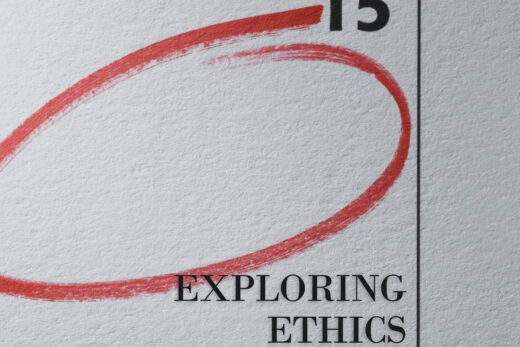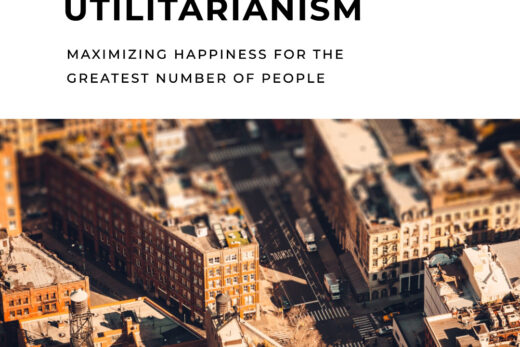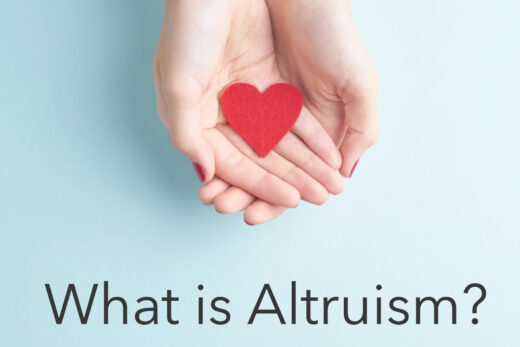Our understanding of virtue often centers on our actions, but a deeper perception considers not just what we do, but the capacity we have to act otherwise. True virtue emerges when one consciously chooses good, even when equipped with the power to cause harm. It is crucial not to confuse this with a mere lack of capacity, which can sometimes be mistaken for virtue.
We illustrate this concept with pairs of contrasting scenarios, showing the presence and absence of capacity in relatable areas of life.
Legal Power:
Consider yourself a lawyer, cunning enough to use underhand tactics to win cases. Yet you uphold justice and ethics – that’s virtue. But, if you’re an unskilled lawyer, unable to bend the rules, your ‘ethical’ stance isn’t virtue – it’s simply legal incompetence.
Intelligence:
Suppose you’re a genius, fully equipped to make others feel intellectually inferior. However, you use your intellect to empower and uplift – this is where virtue emerges. Now, if you’re on the dim side, lacking the brains to outwit others, your kind demeanor isn’t virtue – it’s just a sign of your limited intellectual abilities.
Persuasion:
Imagine you’re a top-notch debater, capable of crushing anyone in an argument. But you prioritize empathy and understanding over victory – that’s virtue. On the flip side, if you’re a lousy debater, unable to win a single argument, your concession isn’t virtue – it’s a reflection of your poor persuasion skills.
Physical Strength:
Envision yourself with incredible strength, able to exert force at will. Yet you consciously choose peace – this demonstrates virtue. Conversely, if you’re weak, unable to assert physical dominance, your pacifism isn’t virtue – it’s merely a lack of physical prowess.
Attractiveness:
Picture yourself as strikingly attractive, with the ability to use your beauty for personal gain. But you opt not to – this represents virtue. However, if you’re not considered traditionally attractive and can’t use your looks, your humble demeanor isn’t virtue – it’s a societal constraint due to your lack of appeal.
Personal Secrets:
Imagine you’re privy to a secret that could ruin someone’s reputation. You choose to respect their privacy – that’s a manifestation of virtue. But if you’re unaware of such secrets, your silence isn’t virtue – it’s mere ignorance.
Cyber Skills:
Suppose you possess the ability to breach someone’s digital privacy. But you choose to respect it – this is where virtue comes into play. Conversely, if you’re technologically impaired, your ‘respect for privacy’ isn’t virtue – it’s just your digital incompetence.
Parenting:
Consider being a parent with the power to impose your will. But you choose to nurture mutual respect and understanding – that’s virtue. If, however, you’re an inept parent, unable to assert yourself, your ‘lack of imposition’ isn’t virtue – it’s your parenting deficiency.
Journalistic Influence:
Picture being a journalist with the power to twist narratives and push personal agendas. But you opt to report facts objectively – that’s virtue. On the other hand, if you’re an insignificant journalist who can’t sway public opinion, your ‘objective reporting’ isn’t virtue – it’s journalistic impotence.
Therapeutic Insight:
Envision being a psychologist, with deep insights into your clients’ vulnerabilities. But you choose to safeguard those vulnerabilities – that’s virtue. If you’re unable to reach these psychological depths, your ‘respect for privacy’ isn’t virtue – it’s a professional limitation.
Surgical Skills:
Suppose you’re a surgeon capable of prolonging a painful treatment for financial gain. But you opt for only necessary and beneficial treatments – this is virtue. If you’re a novice surgeon, unable to perform complex procedures, your ‘avoidance’ of them isn’t virtue – it’s surgical incompetence.
Public Speaking:
Consider being a leader with the authority to rule ruthlessly. But you lead with empathy and fairness – that’s virtue. If, however, you’re an ineffectual leader, incapable of ruling with authority, your ‘fairness’ isn’t virtue – it’s a leadership shortfall.
Leadership:
Possessing the authority to rule with an iron fist but choosing to lead with empathy and fairness, is a virtue. If you’re an ineffectual leader incapable of authoritative rule, your fairness isn’t a virtue, it’s a leadership shortfall.
Salesmanship:
Picture being a salesperson capable of exploiting customers for personal gain but deciding to be fair and honest – that’s virtue. However, if you’re a lousy salesperson, unable to convince customers, your ‘honesty’ isn’t virtue – it’s a lack of salesmanship.
Political Power:
Imagine holding a powerful political position that allows you to further personal interests. But you opt to serve public interests – that’s virtue. If you’re an ineffective politician unable to advance personal agendas, your ‘service to the public’ isn’t virtue – it’s political incapacity.
In essence, the central theme that weaves through each of these examples is the concept of virtue being dependent on the capacity to act otherwise. True virtue surfaces only when one possesses the capability to exert their power or skill in a potentially harmful, unethical, or self-serving manner, yet consciously decides against it. This conscious decision to act benevolently, despite having the power to act otherwise, is the true testament of virtue.
If a person is incapable or incompetent, they aren’t faced with the same test of virtue because the potential for misuse of their power or skill simply does not exist. Not doing harm when one is unable to do so doesn’t signify virtue; rather, it indicates a lack of capacity.
As Abraham Lincoln once said, “Nearly all men can stand adversity, but if you want to test a man’s character, give him power.” This sentiment encapsulates the essence of virtue. Power, in its many forms, doesn’t inherently corrupt. Instead, it reveals the true character of an individual, exposing whether they choose to wield it virtuously or not. In essence, virtue is not about the absence of malice due to incompetence, but the conscious rejection of it despite having the capacity to act otherwise.
Key Takeaway
In life, competence often brings with it a multitude of choices and temptations. The more skilled you are, the more possibilities you have at your disposal. This is where the test of virtue arises. Sometimes, the absence of malice is simply due to incompetence or incapacity, not virtue. Virtue is manifested when you have the power to choose, and you consciously select the path of good over the potential misuse of your skills or influence. The higher the competence, the greater the temptations, and hence, the more profound the virtue when choosing rightly. Therefore, it’s essential to differentiate between simply lacking capacity and actual virtuous behavior. After all, virtue truly shines when there’s a choice, and the right one is made.




